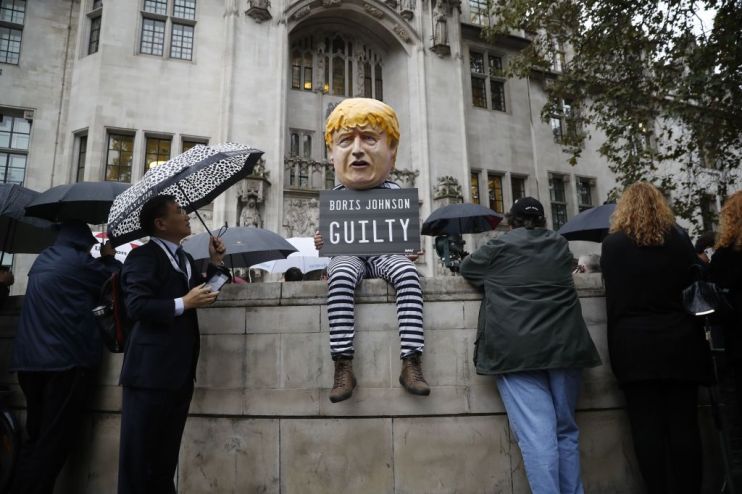Supreme Court ruling: What does it mean and what happens now?

The UK’s Supreme Court has ruled Boris Johnson’s decision to prorogue parliament as unlawful – but what happens next?
Is parliament back in business?
Speaker John Bercow has said parliament will return from tomorrow morning. He emphatically said he was not recalling parliament, because the ruling was that prorogation had never happened. That means the bills that had been feared lost are still in play.
Bercow said there would not be a PMQs tomorrow but he has allowed MPs a wide range of options to make things difficult for the Prime Minister, including “urgent questions, ministerial statements and applications for emergency debates under standing order number 24”.
Labour is bringing its party conference to an early close to ensure its MPs can return to Westminster – there is no word yet on what will happen to the Conservative conference next week.
Will the Prime Minister resign?
The usual suspects have called for him to go, but it’s unlikely that Johnson will throw in the towel so soon into his premiership. As one government source said yesterday, they are “resilient” and have had to be, given all that is going on at the minute.
It does make it very difficult for him, and you can expect a lot of noise and bluster – but until there is an election it’s somewhat meaningless.
So will there be an election now?
Labour’s party conference has been dominated by division and discord – and have sunk to a low of 22 per cent in the polls. But there could hardly be a better time than this to strike.
As one Tory MP put it, “if they don’t do it now they are clearly running away from the electorate”.
An election on 28 November or 12 December was being pencilled in – but that was on the basis of a Queen’s Speech happening on 14 October. Now it’s not clear whether that will happen, so the diary is up in the air.
Could the PM prorogue again?
Johnson still has the power to prorogue parliament – but the court’s ruling means he could not attempt another lengthy suspension without effectively being in contempt of court. But the judgement does allow a normal prorogation – one, at this time of year, that would last a few days ahead of a Queen’s Speech.
Could Johnson be impeached?
The ruling did not state that the Prime Minister had lied to the Queen, or misled her. And impeachment is an archaic tool that is now largely considered obsolete, so that is incredibly unlikely.
What does it mean for Brexit?
Supreme Court president Lady Hale has been emphatic throughout the process that their ruling would have no bearing on Brexit.
And in reality, what it means is very little. Parliament will sit for a handful more days, giving MPs more opportunity to throw things at the government.
One such idea doing the rounds is that an amendment could be put forward to the Benn Act – the law that effectively blocks a no deal by forcing the Prime Minister to request an extension. Johnson has stressed he won’t seek an extension, and has hinted at a secret plan that could allow him to avoid doing so. But MPs are now thought to be considering changing the act to allow someone other than the PM to do it.
Main image: Getty